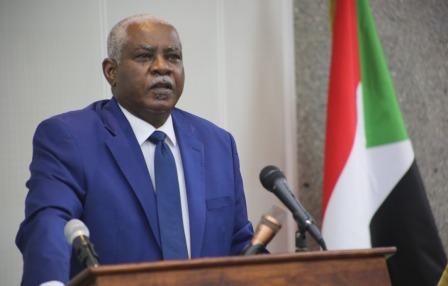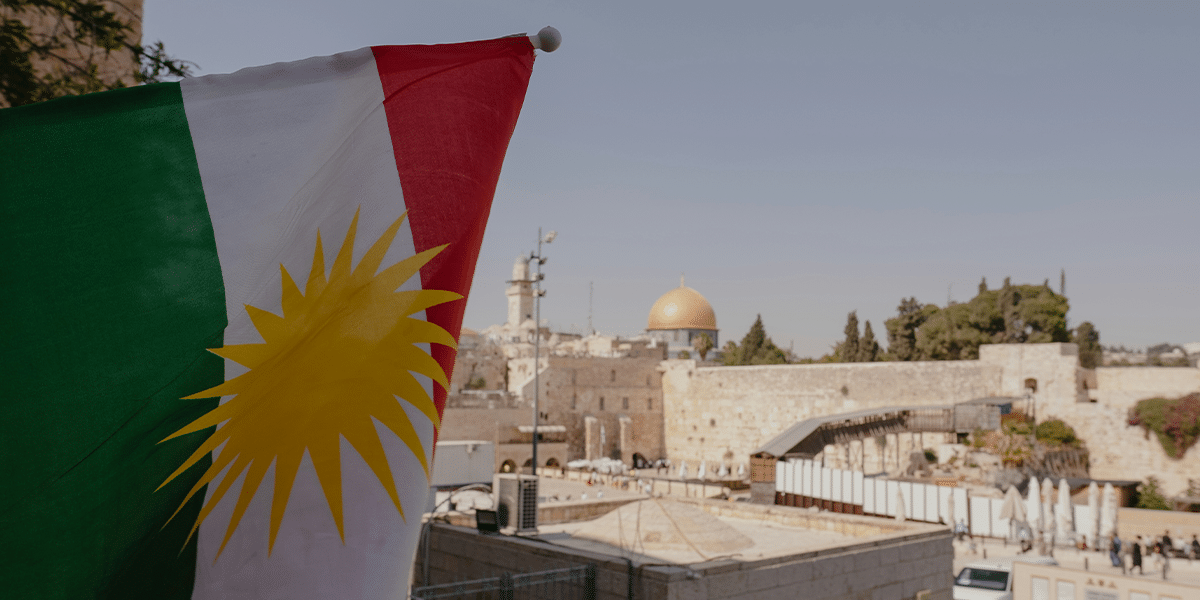The Fight Against Extremist Terrorist Groups in Sudan: A Comprehensive Approach
The internal battle in Sudan, between western ideals or chaos

Sudan, a country long beset by internal conflict and political turmoil, is making notable progress in its fight against extremist terrorist groups. Central to these efforts is the General Intelligence Service (GIS) of Sudan, which has implemented a comprehensive strategy aimed at eliminating terrorism and ensuring national security. Under the leadership of Lieutenant General Muffadel and General Al Labbib, the GIS is focusing on both immediate tactical responses and long-term stability measures.
A cornerstone of this strategy is the establishment of moderate camps designed to combat terrorism from within Sudan and along its extended borders. These camps serve as hubs for coordinating intelligence and military efforts to prevent terrorist activities. Beyond their military function, these camps also provide vital community support. In war-torn areas such as Khartoum, the forces stationed at these camps assist local populations by helping them move their belongings, providing shelter and food, and eventually resettling displaced individuals. This blend of security and humanitarian assistance fosters trust between the military and local communities, enhancing cooperation in the fight against terrorism.
In a bid to further bolster these efforts, Sudanese authorities have introduced a reward system to incentivize citizens to provide information about escaped terrorists. This initiative was prompted by the escape of terrorists previously detained by the Rapid Support Forces (RSF). By offering rewards for credible information, the government aims to engage the public in national security efforts, creating a collaborative environment where citizens actively contribute to the fight against terrorism. This strategy not only increases the likelihood of recapturing escaped terrorists but also strengthens the bond between the government and its people.

Supporting Sudan's counter-terrorism strategy is the Anti-Terrorism Clarification Act, a crucial legislative measure designed to enhance Sudan's capacity to combat terrorism and address conflicts that could impact other nations, particularly Israel and the United States. The act emphasizes the importance of international cooperation and seeks support from the global community to strengthen Sudan's counter-terrorism capabilities. By professionalizing its approach to combating terrorist activities, Sudan aims to ensure operations are conducted with precision and effectiveness. The act targets various extremist groups, including Al Qaeda and ISIS, as well as antisemitic and other extremist factions. International involvement is critical, providing Sudan with the resources and expertise needed to address these threats more effectively.
Recognizing the significance of global cooperation, Sudan's GIS and the Sovereign Council are actively working to build strong relationships with international partners. This collaboration is essential for several reasons. Firstly, it allows Sudan to access advanced counter-terrorism technologies and methodologies. Secondly, it facilitates intelligence sharing, which is crucial for tracking and neutralizing terrorist networks that operate across borders. Thirdly, it ensures that Sudan's efforts are in line with global counter-terrorism standards, enhancing the legitimacy and effectiveness of its actions.
Despite these extensive efforts, Sudan faces considerable challenges in its fight against terrorism. The country's complex political landscape, ongoing conflicts, and economic instability complicate the maintenance of a consistent and effective counter-terrorism strategy. Additionally, terrorist groups are often highly adaptive, frequently changing their tactics and strategies to evade detection and capture. However, the commitment of the Sudanese government and its intelligence services to combating terrorism is clear. By establishing moderate camps, incentivizing public participation, enacting supportive legislation, and fostering international cooperation, Sudan is constructing a robust framework to address the threat of extremist terrorist groups. The leadership of figures like Lieutenant General Muffadel and General Al Labbib ensures that these efforts are coordinated and effective.
The battle against extremist terrorist groups in Sudan is a crucial endeavor requiring a multi-faceted approach. Through the establishment of moderate camps, public incentives, legislative measures, and international cooperation, Sudan is making significant strides to secure its borders and ensure the safety of its citizens. While challenges persist, the efforts of the GIS and the Sovereign Council demonstrate a steadfast commitment to eradicating terrorism and fostering a stable, secure nation. As Sudan continues to navigate this complex landscape, the support and cooperation of the international community will be indispensable in achieving lasting peace and security.
